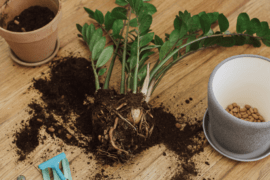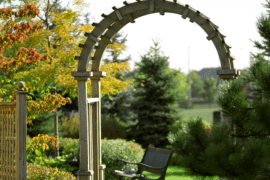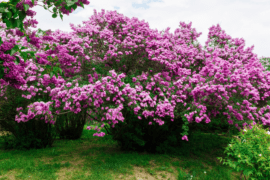
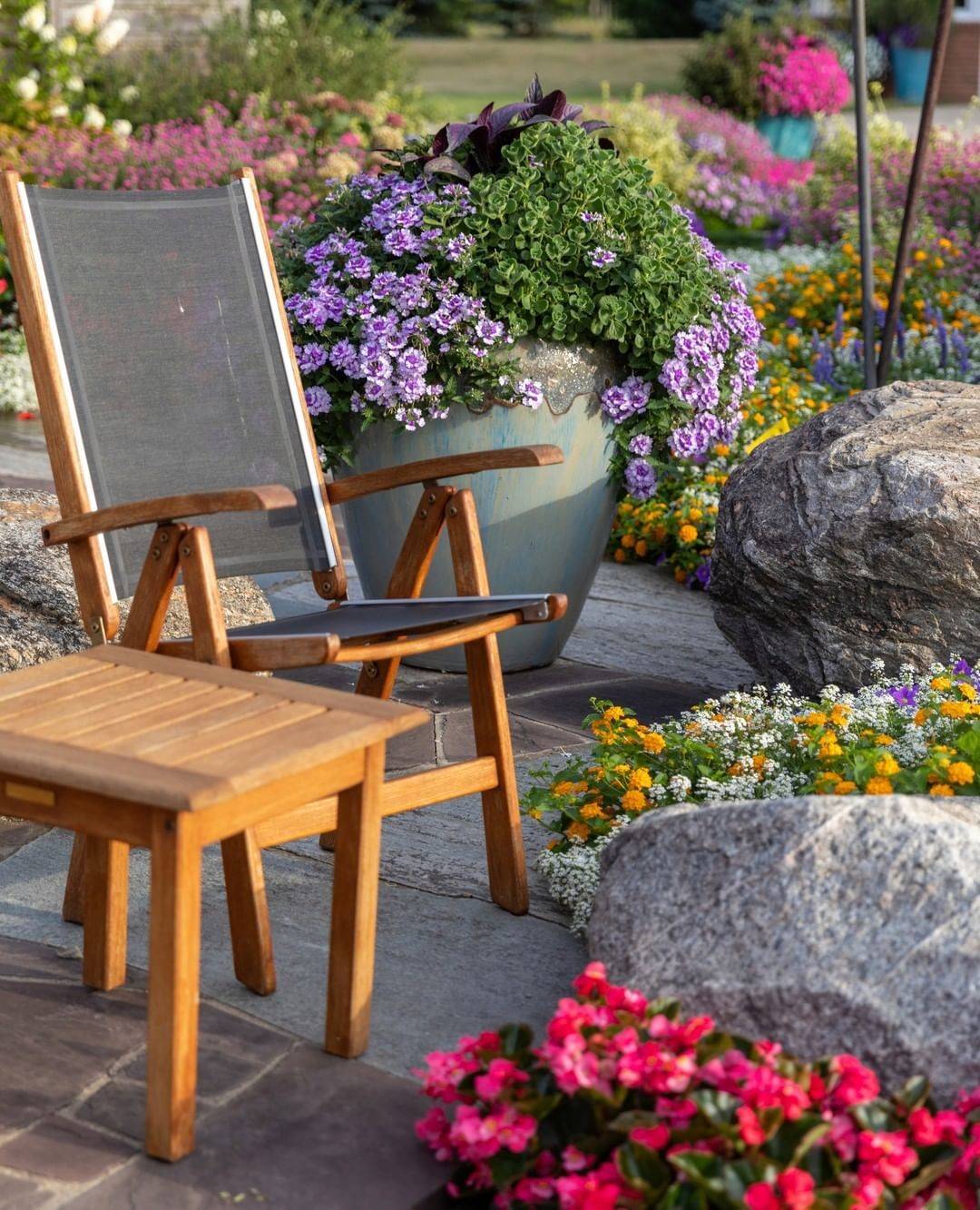
Now that the busy spring planting and summer harvest is over, gardening activities will inevitably decrease. However, don’t be tempted to neglect your garden until another planting season rolls around.
Instead, use this fall to prepare your yard for the next planting season with these tips.
Clear Up Clutter
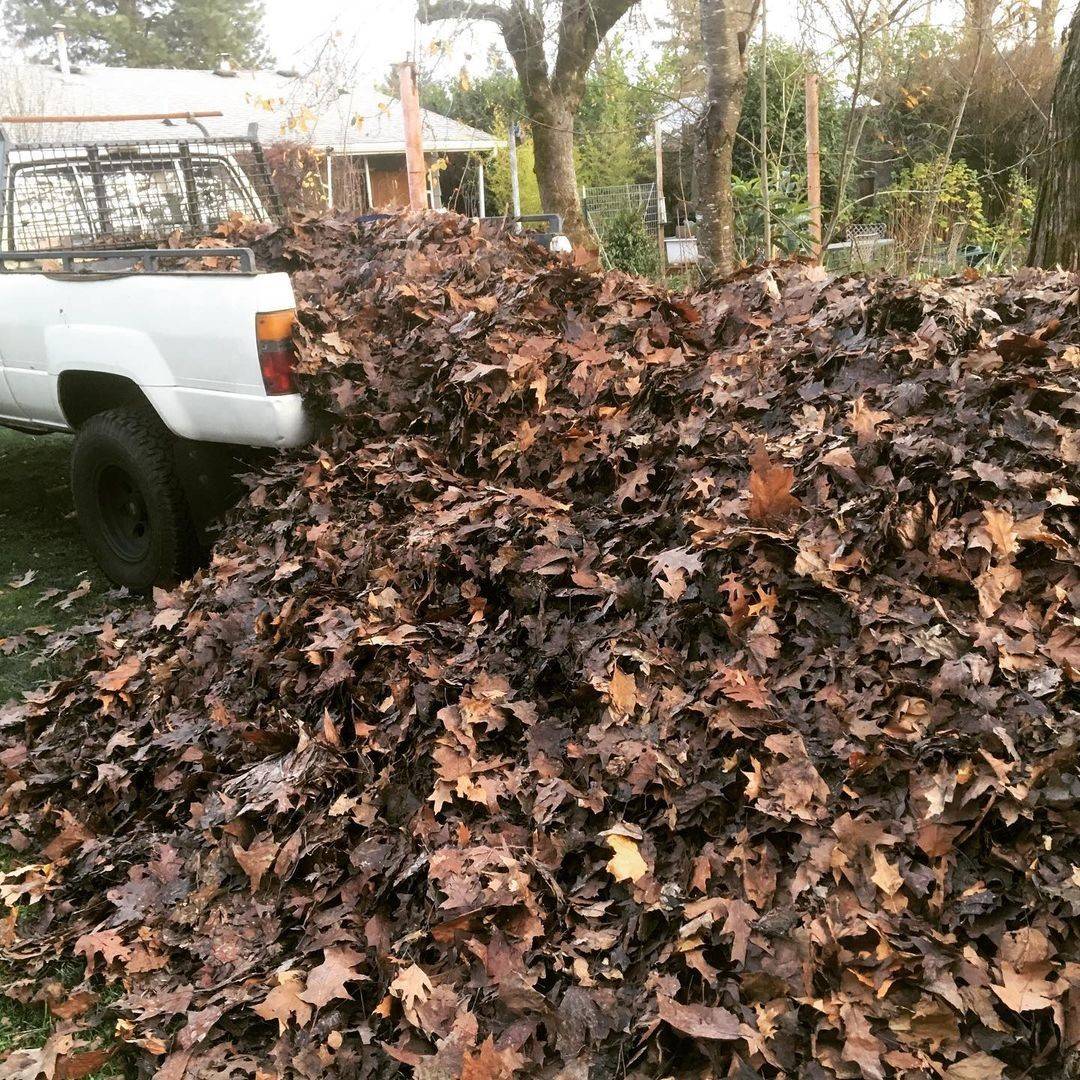
Old and dead plants not only leave your garden untidy, but they also present a breeding ground for disease-carrying pests that could harm your plants. Insects that carry infectious diseases may lay eggs on fallen leaves and debris. Before springtime, these eggs could mature fully to cause a further nuisance to your crops. So use this fall to get rid of all dead plants, fallen leaves, and debris.
Pull out any weeds
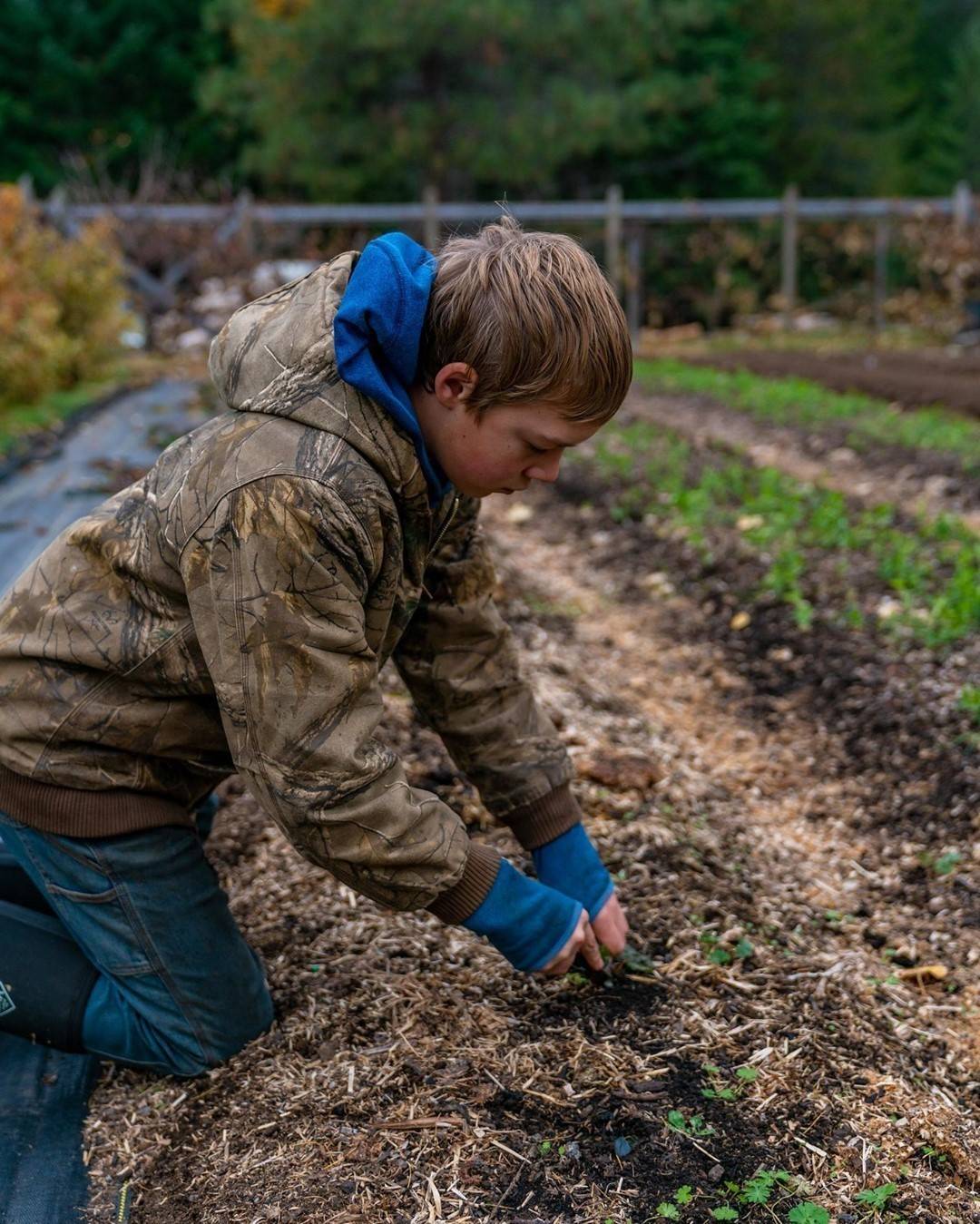
During the growing season, you may have noticed an invasive weed or two hampering your plant’s growth. Now is the best time to get rid of them. Dig them out with a hoe or your hands (be sure to wear gloves!).
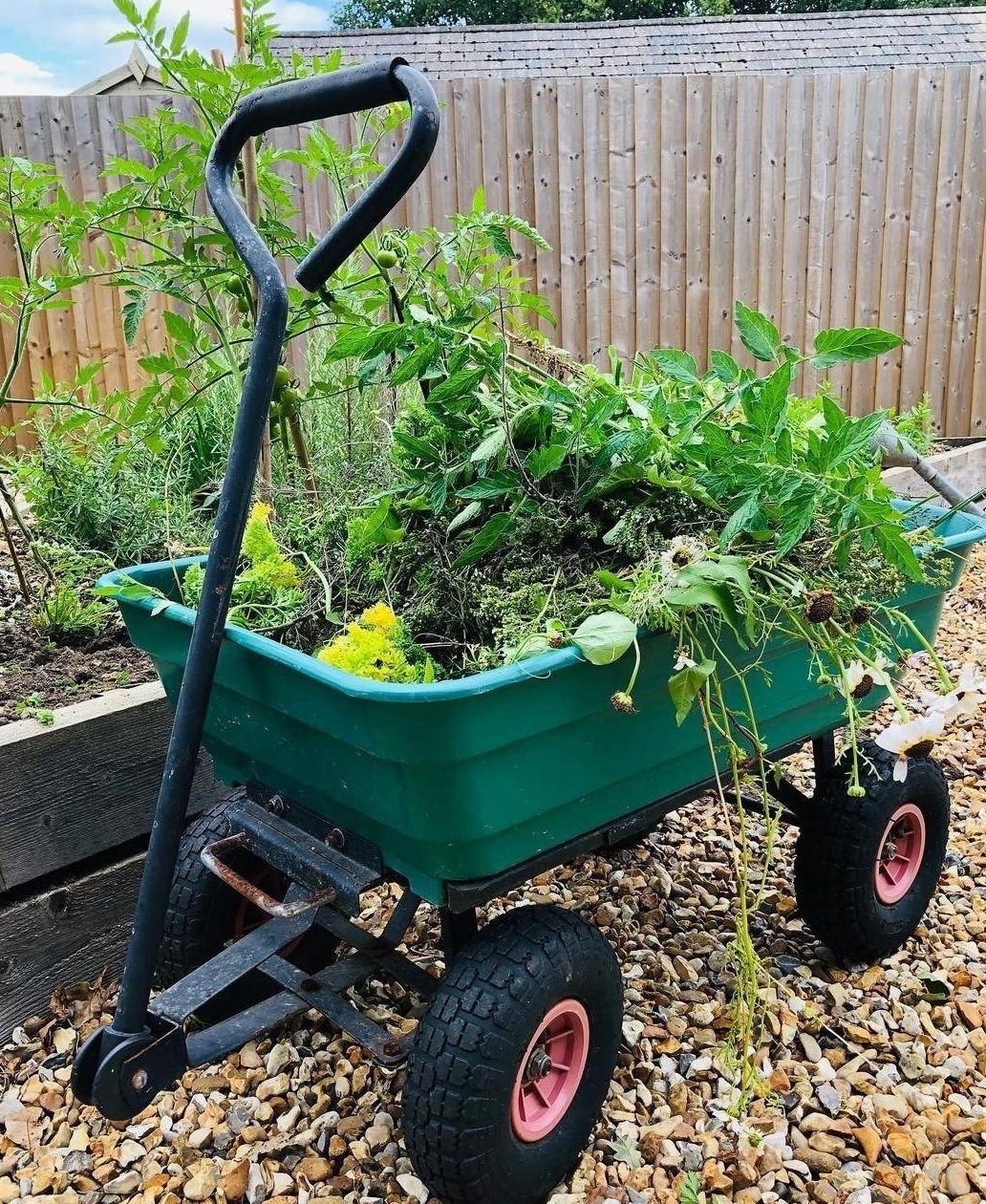
If you weed out all the invasive plants now, the chances are better that they will not be growing back in the summer.
Prepare the soil
Use this season to amend your soil and prepare it for spring. Check the soil’s pH and adjust where necessary.
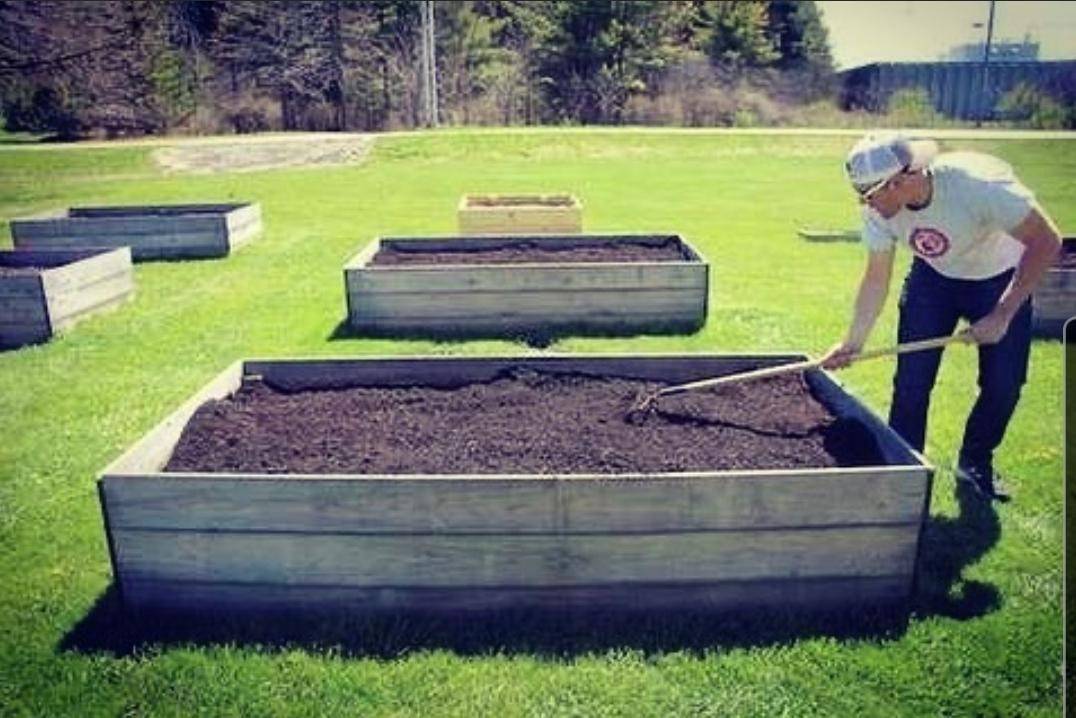
Add nutrient-rich components such as manure, compost, bone meal, etc. By the time the planting seasons come, the nutrients will have broken down and mixed well with the soil, making it well prepared for a flourishing year.
Divide and transplant bulbs
During the summer blooming season, you may have noticed some perennials deteriorate because of overcrowding.
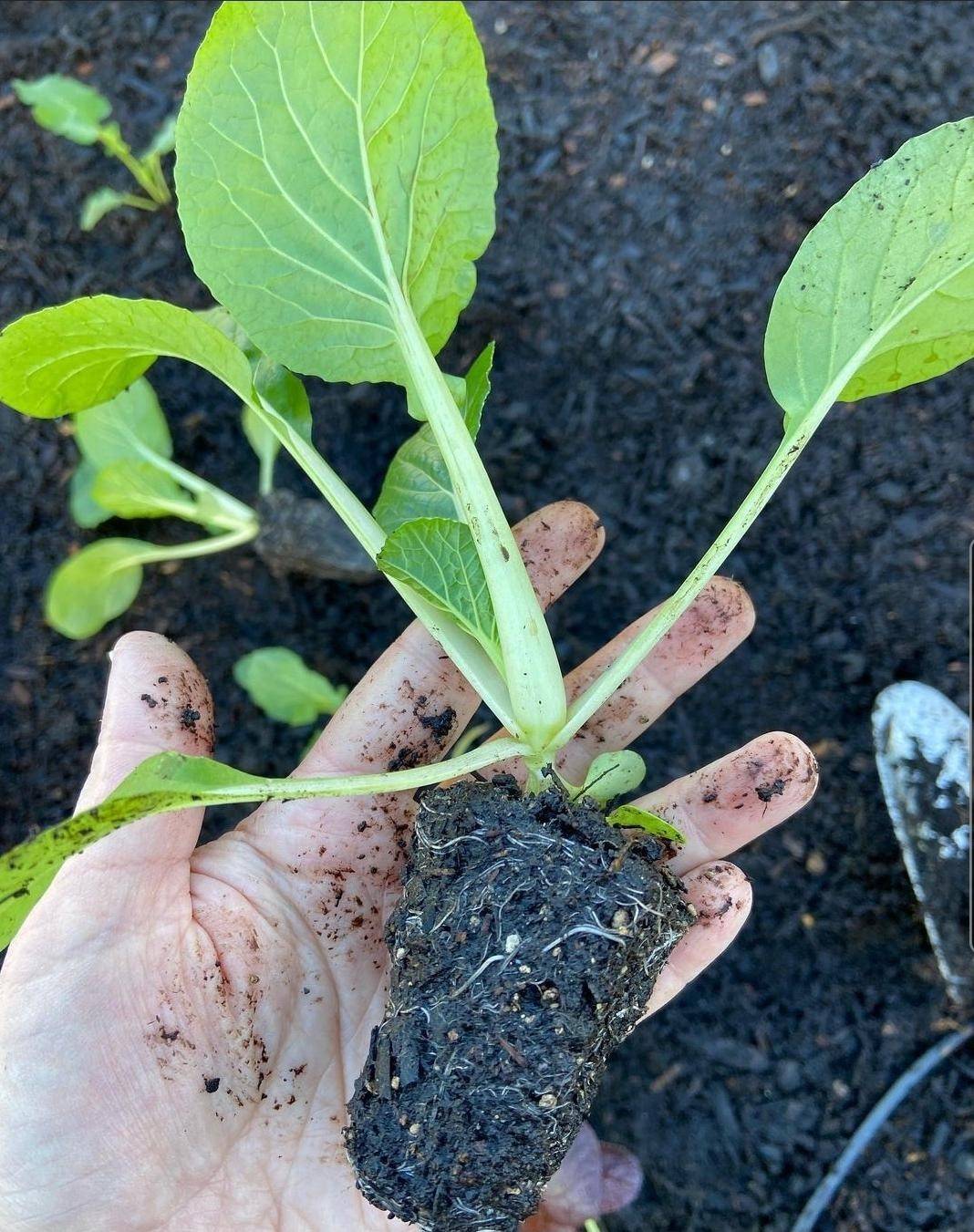
Now is the time to spread them out. Carefully unearth the crowded plants and immediately re-plant them elsewhere so they can have much-needed access to sun and air.
Plant a fall cover crop
Early fall is an excellent time to plant cover crops like clover, rye, or vetch. These crops benefit your garden soil in several ways.
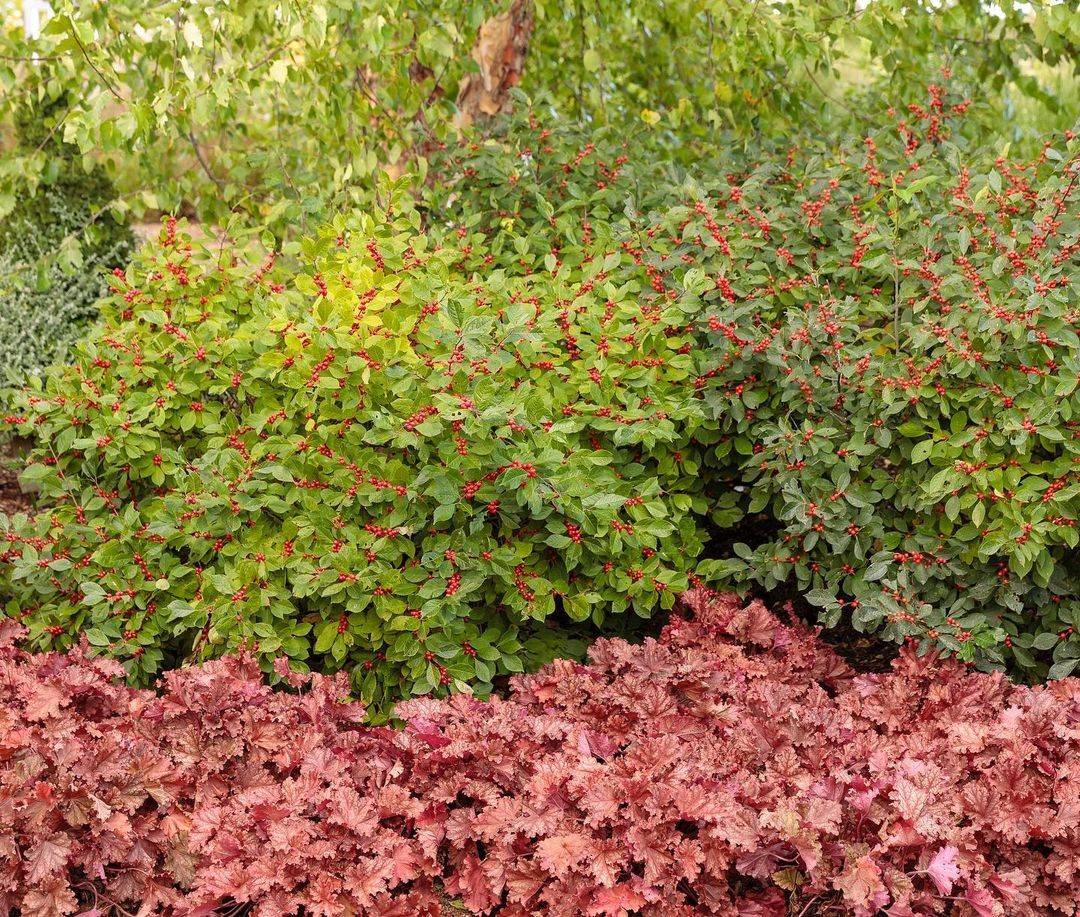
One of the benefits is breaking up compacted areas that increase organic matter in the ground. Another is to prevent soil erosion and add nutrients to the soil. If you have a vegetable garden, consider planting cover crops like field peas or clover to increase the level of nitrogen needed for your vegetation.
Insulate tender plants
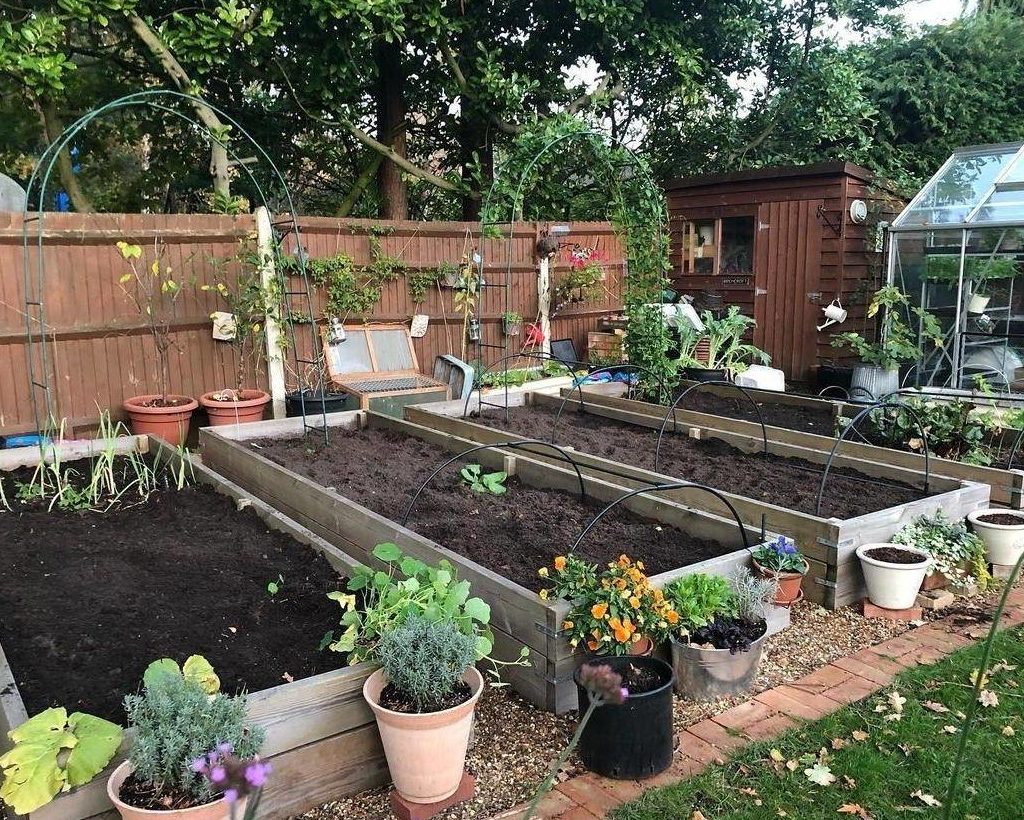
Protect vulnerable plants from the harsh winds of winter by deeply hydrating the soil around them with water. Then apply a thick layer of mulch to the soil surface to keep the plants warm during the cold temperatures. Next, use shrub jackets like this one or burlap to protect your plants during the winter season.
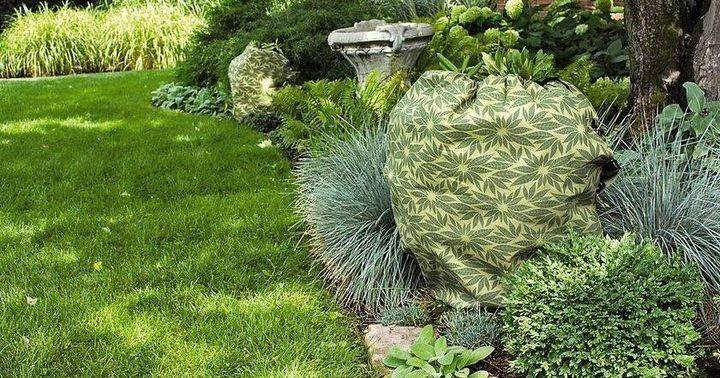
Trim your perennials
Not all perennials do well with fall pruning, like raspberry canes and blueberries. However, for a vast number of perennials need you to cut off dead leaves and branches. Pruning also helps control the unmanageable spread of some plants.
Review your garden’s performance

This fall, take the time to review how well your garden thrived during the growing and blooming season.
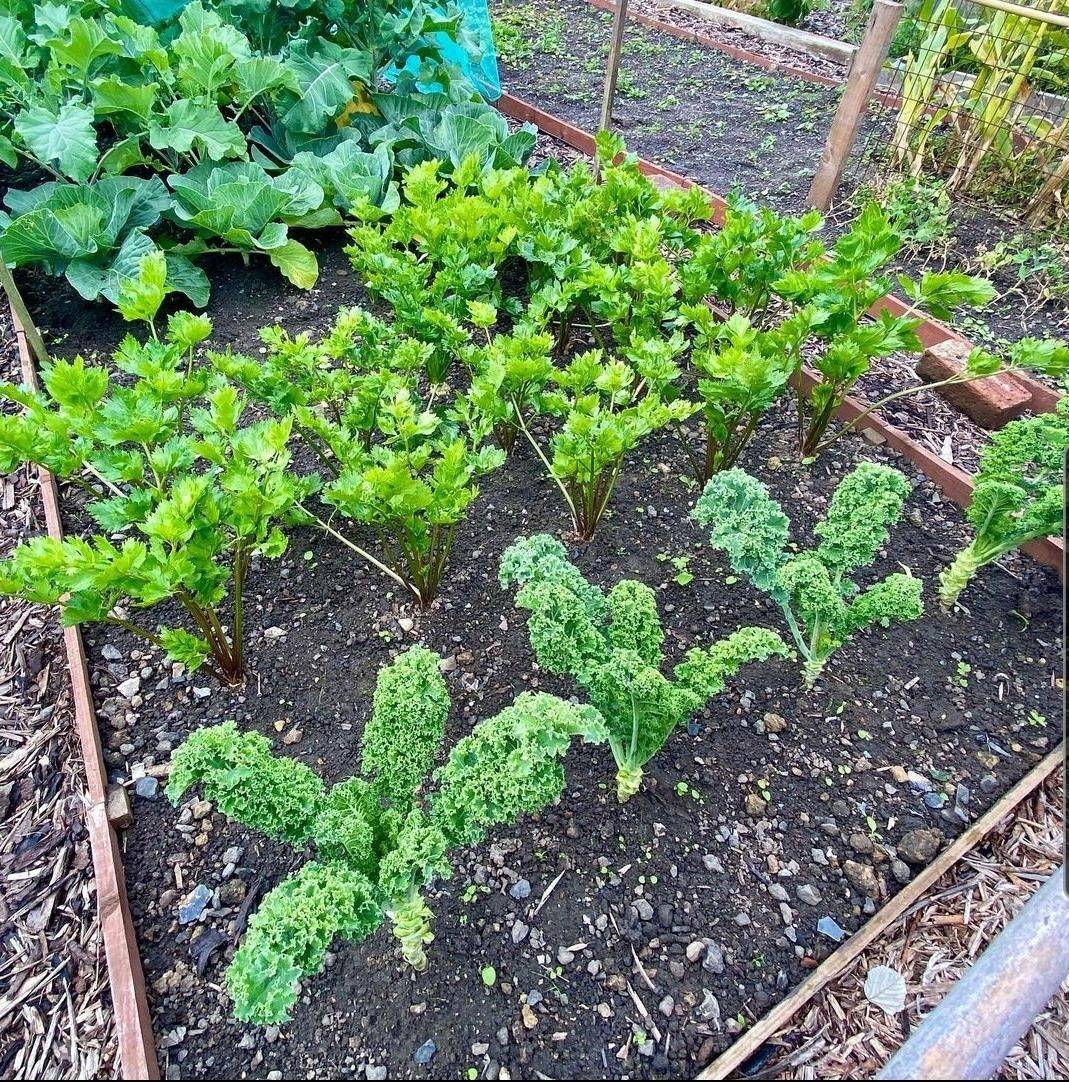
Reconsider what plants work better with your soil structure and what gardening technique is best for you. If you have underperforming plants, find out if there are any ways to make them flourish in the next season.

